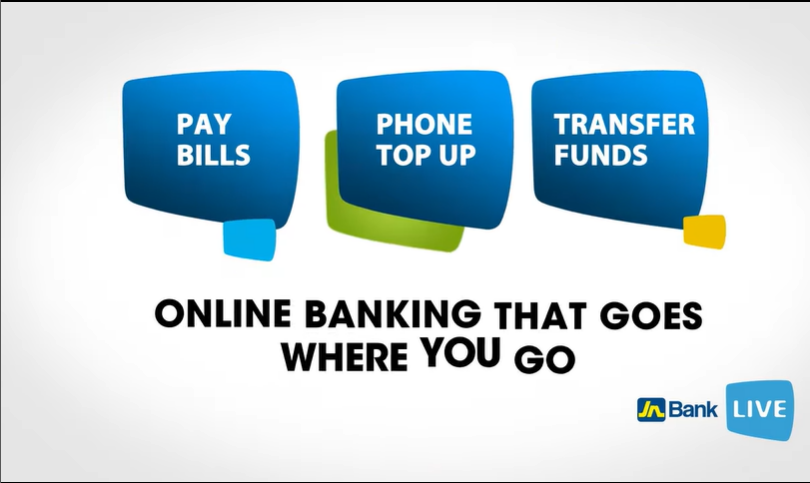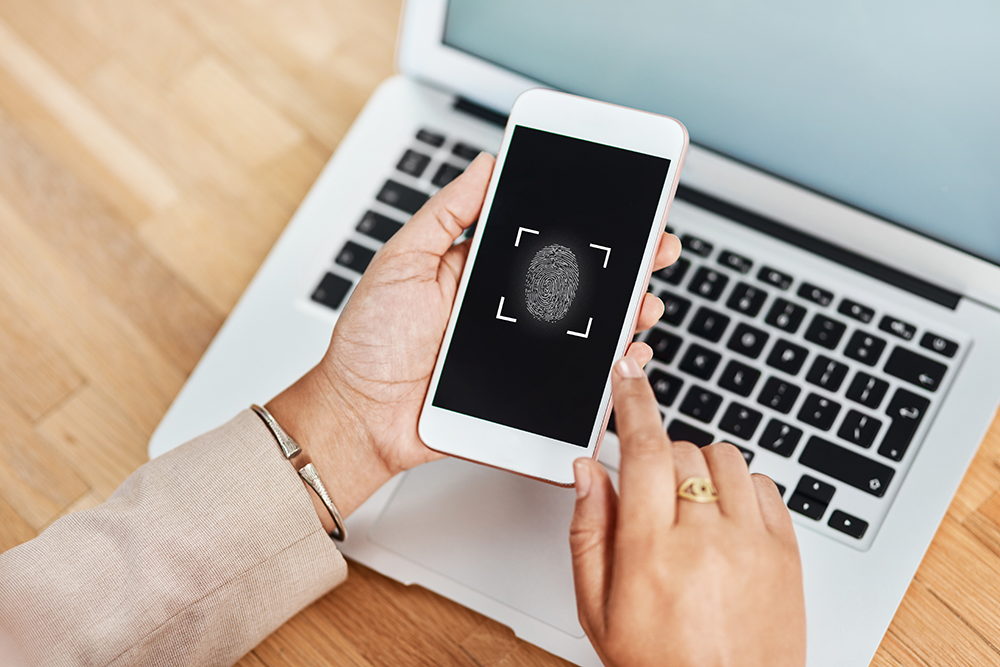
Transact Conveniently and Safely Online
The COVID-19 pandemic has forced many of us to adapt to new digital experiences that make it easier for us to conduct our routine, but important tasks online from anywhere, anytime.
Many of us are now shopping online, purchasing our food, paying taxes, and of course avoiding those long lines in banks by doing most of our transactions online. And, these are likely to increase as we prepare for Christmas.
Similar to many, if not all activities in life, our new dependency on digital processes and devices come with risks, and, while there are laws, regulations, policies, systems and even law enforcers to help us to manage those risks, there are individual responsibilities we must also exercise to protect ourselves. Each of us have a central role to play in protecting ourselves online by always being vigilant and using our devices safely at all times.
When conducting transactions online…
- Avoid using public Wi-Fi. Always assume that they are unsafe.
- Use different passwords for different websites, portals, and applications.
- Sign up for banking alerts to be pushed to your mobile phones and email.
- Resetting or authentication of banking portals may require the use of personal information such as your favourite colour, specials days in your life and your mother’s maiden name, among other personal information. Avoid or limit who you disclose personal information to and avoid placing on social media.
- Set strong passwords- Use alphanumeric passwords, which means using a combination of special symbols, numbers and letters- both capital letters (uppercase) and common letters (lowercase). Your passwords must also be no less than eight characters long.
- Never be ‘click happy’ when doing your banking or any other business online. Read carefully before clicking on any link or attachment, even if the email or message appears to be from someone or an entity you know and trust. It’s best to contact the person or entity directly to confirm that they sent you the message.
- Always sign out of your online banking platform or any other platform used after completing a financial transaction.
- Enable two-factor authentication, if available. Two-factor authentication means that you must pass at least two layers of security to access a website, such as your banking platform. That sometimes involves entering your login information (username and password) and another layer of required information, such as a token or set of questions and answers.
- Use only apps that you trust.
- Update your operating system and applications as soon as there is an indication that an update is available. Never delay doing this.
- Ensure that you have a trusted, secure and updated anti-virus software installed on your devices, whether your mobile device or home computer.
Keep safe and continue to enjoy the convenience of transacting online!
Check out more stories like this

Pay Attention! Expert Calls Jamaicans to Heed Mental Wellness of Men and Boys
Mental health expert Dr Marlon Simpson is calling for urgent...

When Push Comes to Shove! Protect Yourself from MFA Fatigue Attacks
Multi-Factor Authentication (MFA) is one of the best ways to...

Salvation Army, Harvest Time and Cooreville Benefit from JN’s Labour Day Efforts
In observance of this year’s Labour Day, the JN Circle...